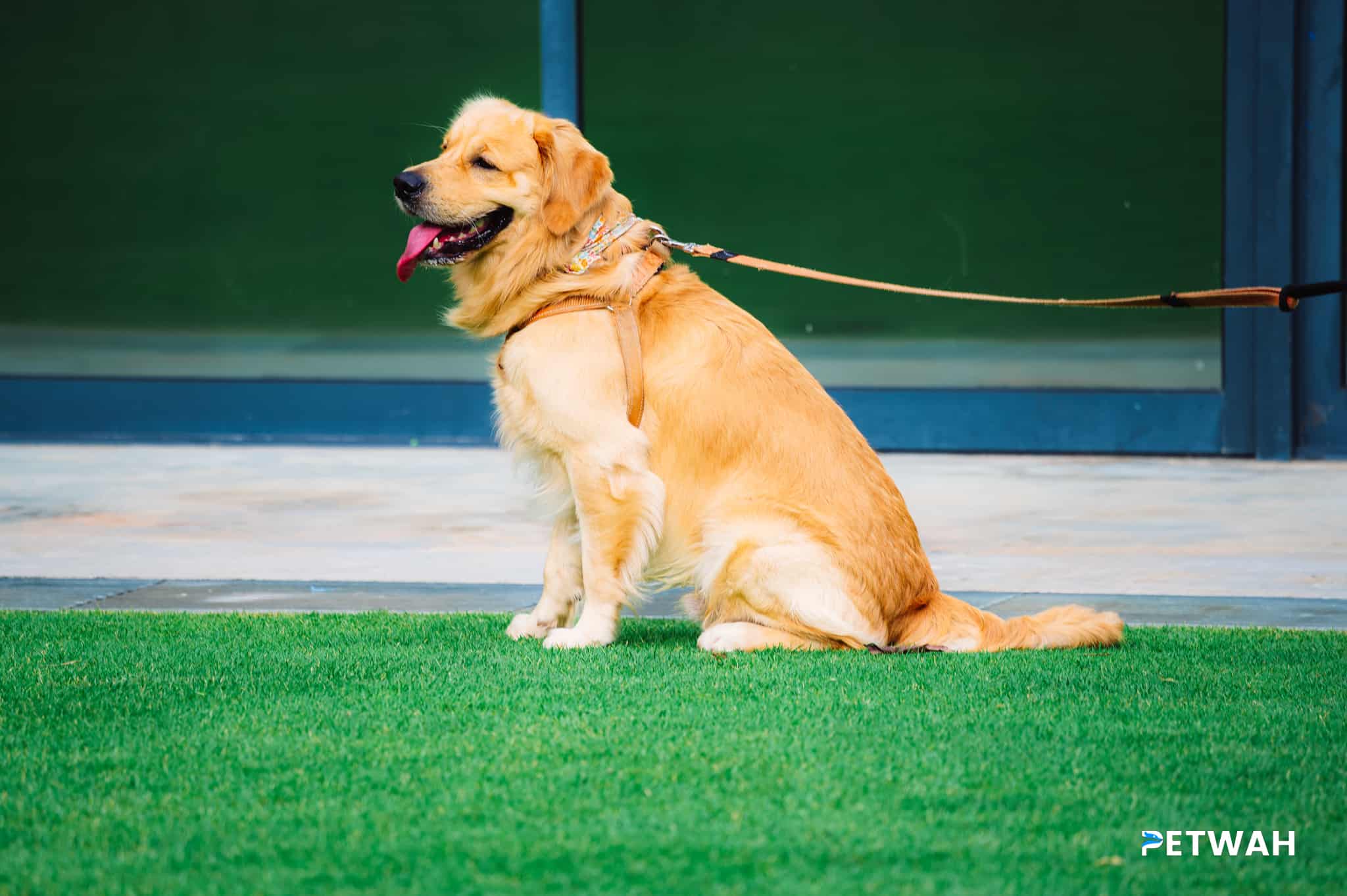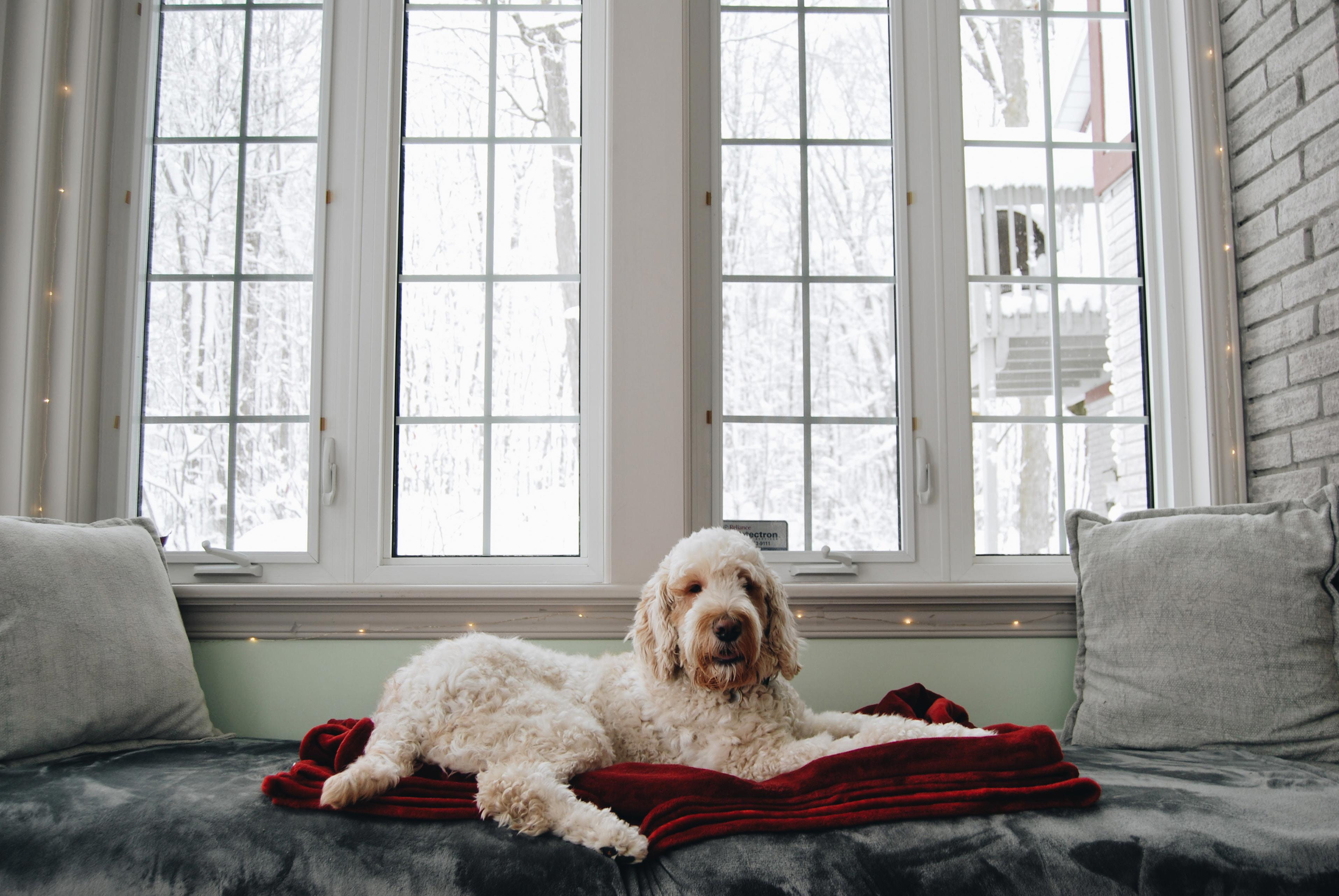Chihuahuas are small, adorable, and popular dogs, but they are often associated with aggression. This behavior can be a result of several factors, including age and gender. In this blog post, we’ll explore how age and gender play a role in Chihuahua aggression. Whether you’re a Chihuahua owner or considering adopting one, understanding the underlying causes of their behavior can help you provide the best care for your furry friend. So, let’s dive in and learn more about the fascinating world of Chihuahua behavior.
Chihuahuas are one of the most popular dog breeds in the world. They are known for their adorable looks, playful love-to-dig-in-the-trash/”>personalities, and tiny size. However, despite their cute appearance, Chihuahuas can be prone to aggression. This aggression can be influenced by a variety of factors, including the dog’s age and gender. In this post, we will explore how age and gender impact Chihuahua aggression.
Age and Chihuahua Aggression:
Age is one of the most significant factors that can impact a Chihuahua’s aggression levels. Like humans, dogs go through different stages of development as they age. These stages can have a significant impact on a dog’s temperament and behavior.
Puppyhood (0-6 months): During this stage, Chihuahuas are still developing their personalities. They are curious and playful, and they love to explore their surroundings. However, they can also be prone to nipping and biting as they learn how to interact with the world around them.
Adolescence (6-18 months): This is a crucial stage in a Chihuahua’s development. They are becoming more independent, and their behavior can become more unpredictable. They may start to display dominance behaviors, such as growling, snapping, and biting.
Adulthood (1-7 years): Once a Chihuahua reaches adulthood, their personality will be more established. They will be less likely to display puppy-like behavior such as nipping and biting. However, they may still become aggressive if they feel threatened or challenged.
Senior Years (7+ years): As a Chihuahua reaches their senior years, their behavior may change again. They may become more anxious or irritable, which can lead to aggression.
Gender and Chihuahua Aggression:
 - Copy - Copy.jpg)
Gender can also play a role in Chihuahua aggression. Male and female Chihuahuas can display different types of aggression, and it’s important to understand these differences.
Male Chihuahuas: Male Chihuahuas are generally more aggressive than females. This is because they are more territorial and protective of their owners. They may also display dominance behaviors, such as growling and biting, to assert their dominance.
Female Chihuahuas: Female Chihuahuas are less likely to be aggressive than males. However, they may become aggressive if they feel threatened or if they are protecting their puppies.
It’s important to note that these differences are not set in stone. Every Chihuahua is unique, and their behavior can be influenced by a variety of factors, including their upbringing, socialization, and environment.
How to Prevent Chihuahua Aggression:
Preventing Chihuahua aggression starts with proper training and socialization. Here are some tips to help prevent Chihuahua aggression:
– Start training your Chihuahua from a young age. This will help them develop good behavior habits early on.
– Socialize your Chihuahua with other dogs and people. This will help them feel comfortable in different situations and reduce their anxiety levels.
– Use positive reinforcement training techniques, such as treats and praise, to encourage good behavior.
– Avoid situations that may trigger your Chihuahua’s aggression, such as loud noises or crowded environments.
– If your Chihuahua displays aggressive behavior, seek the help of a professional dog trainer or behaviorist.
Chihuahuas can be prone to aggression, but this behavior can be prevented with proper training, socialization, and understanding of their age and gender-related tendencies. By following the tips outlined in this post, you can help your Chihuahua develop good behavior habits and be a happy, well-adjusted pet. Remember, every Chihuahua is unique, and it’s important to give them the love and attention they need to thrive.
In conclusion, it’s important to remember that every Chihuahua is unique and their behavior is influenced by a variety of factors, including age and gender. By understanding these factors, we can better anticipate and address any potential aggression issues and ultimately provide a safe and happy environment for our furry friends. So whether you’re a new Chihuahua owner or a seasoned pro, always keep in mind the impact of age and gender on their behavior, and don’t hesitate to seek professional help if needed. With patience, dedication, and a little bit of knowledge, we can all help our Chihuahuas live their best lives.


%20-%20Copy%20-%20Copy.jpg)
%20-%20Copy.jpg)
.jpg)
.png)
.jpg)

